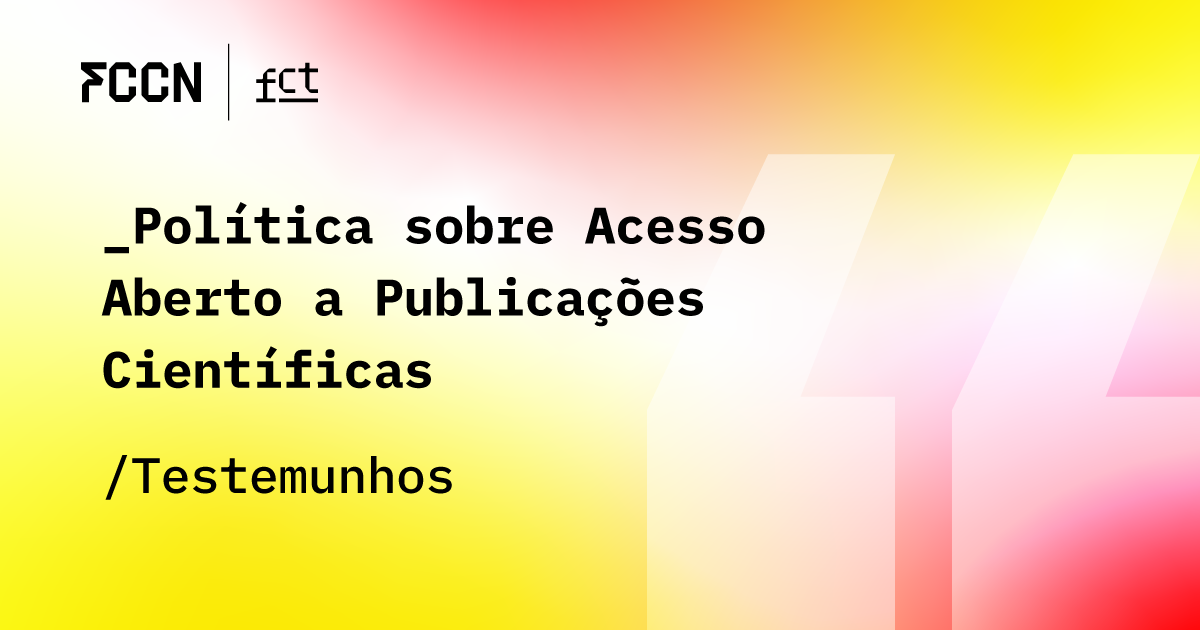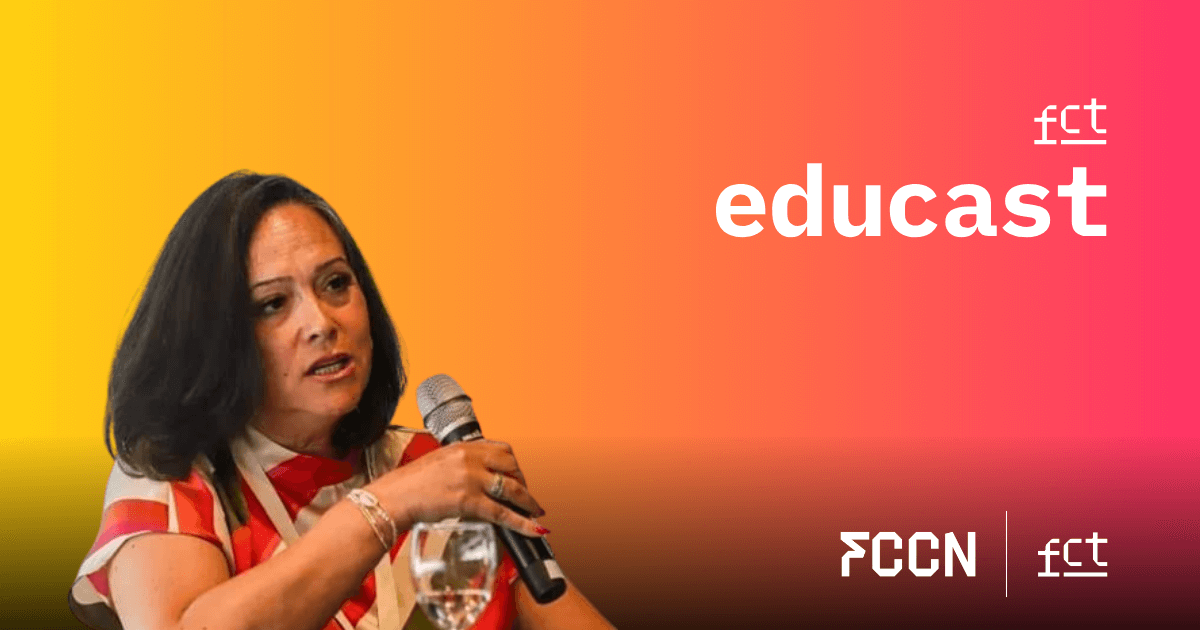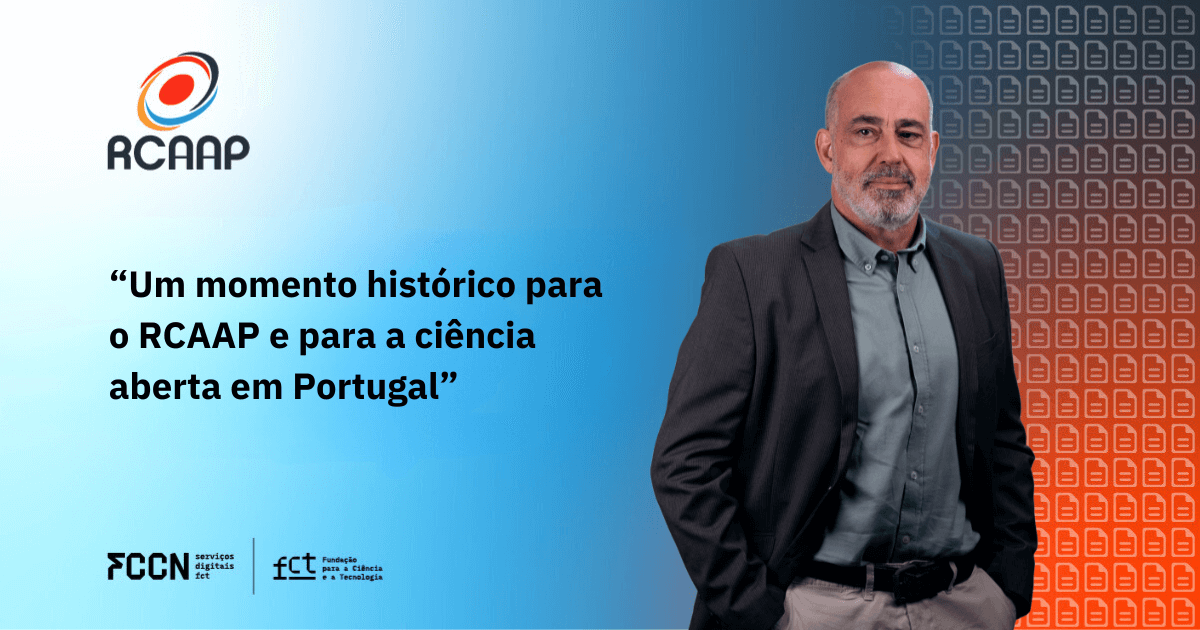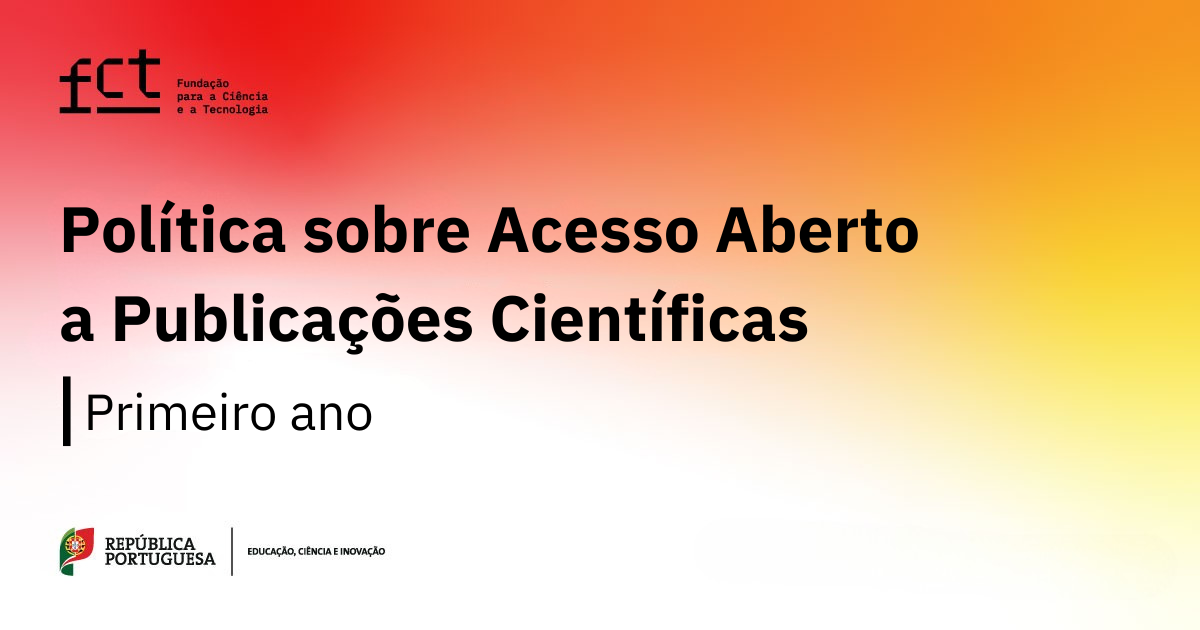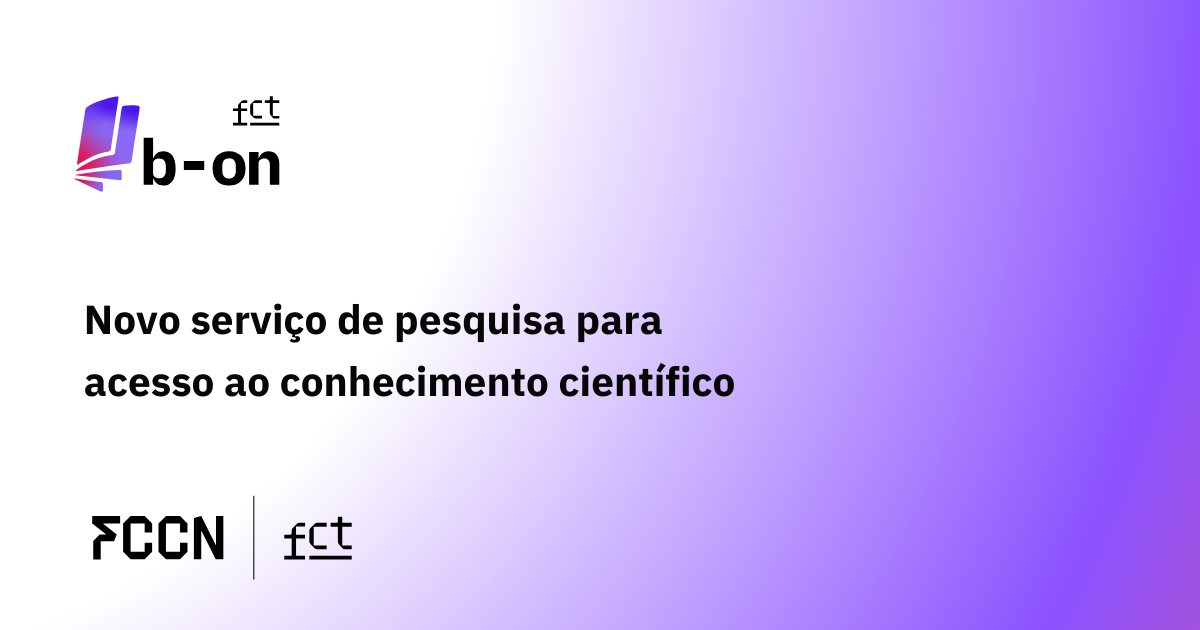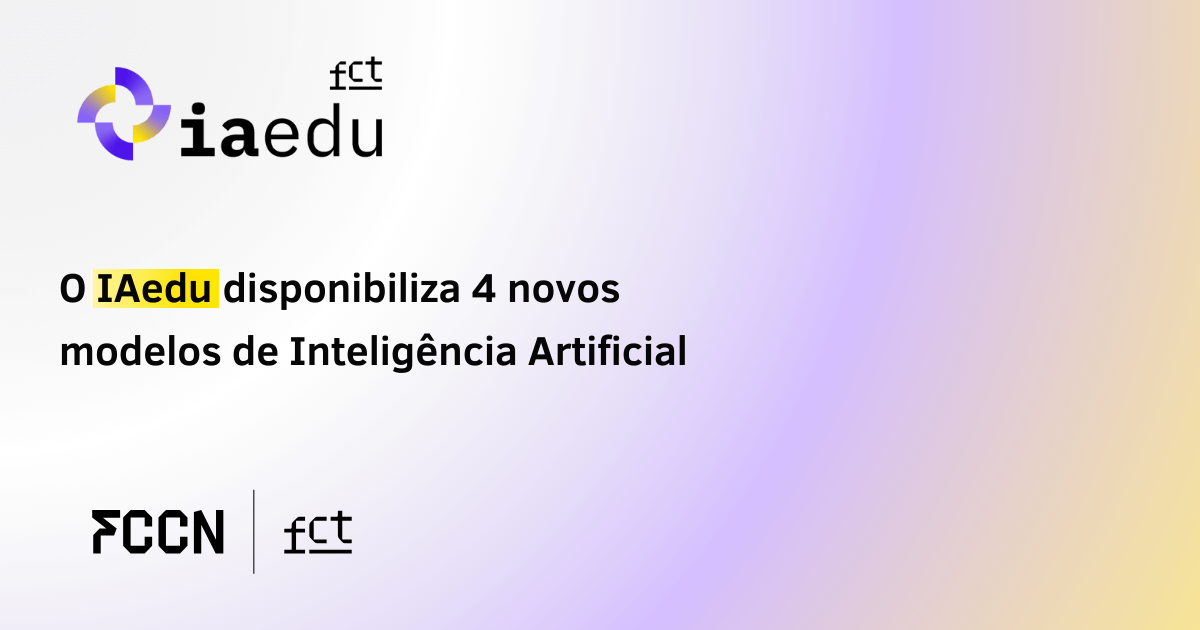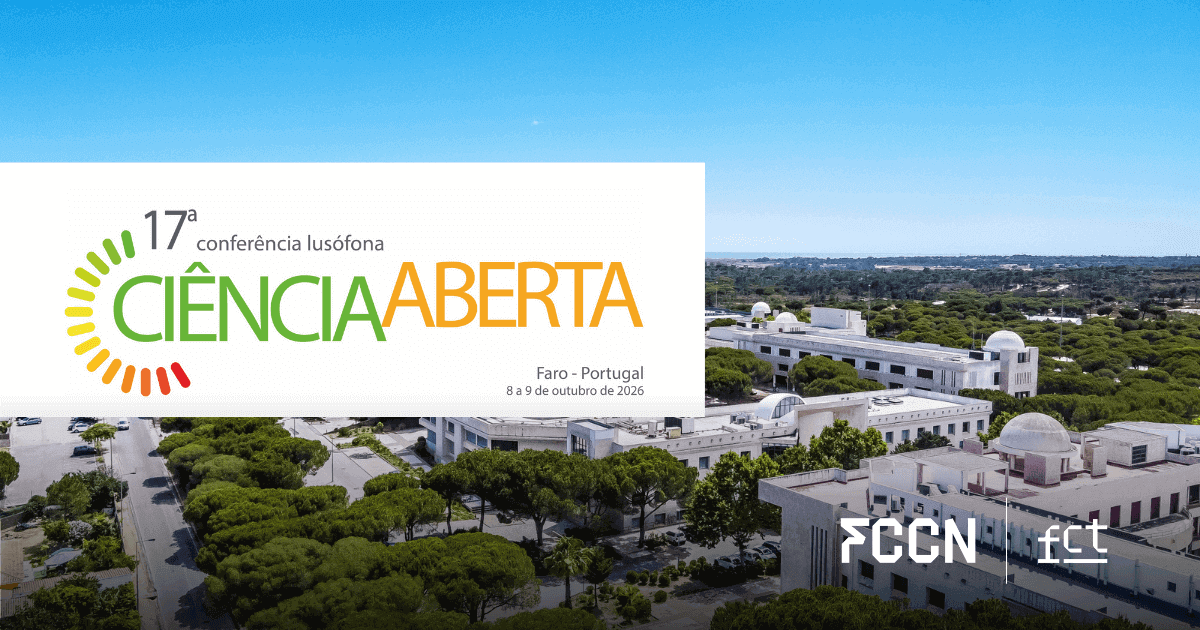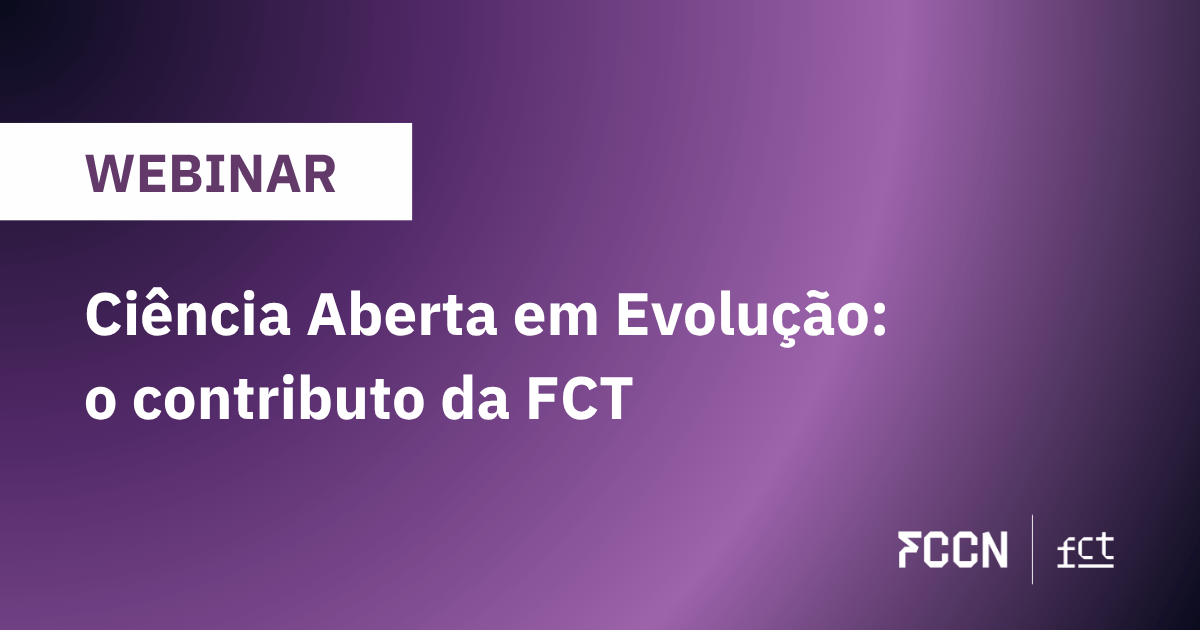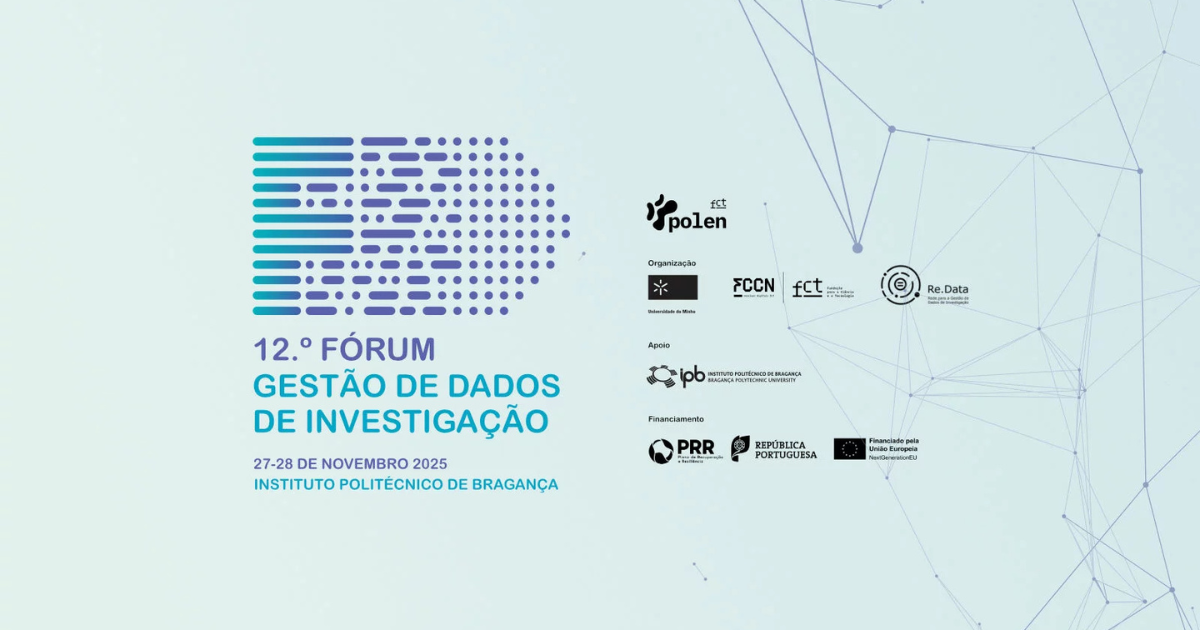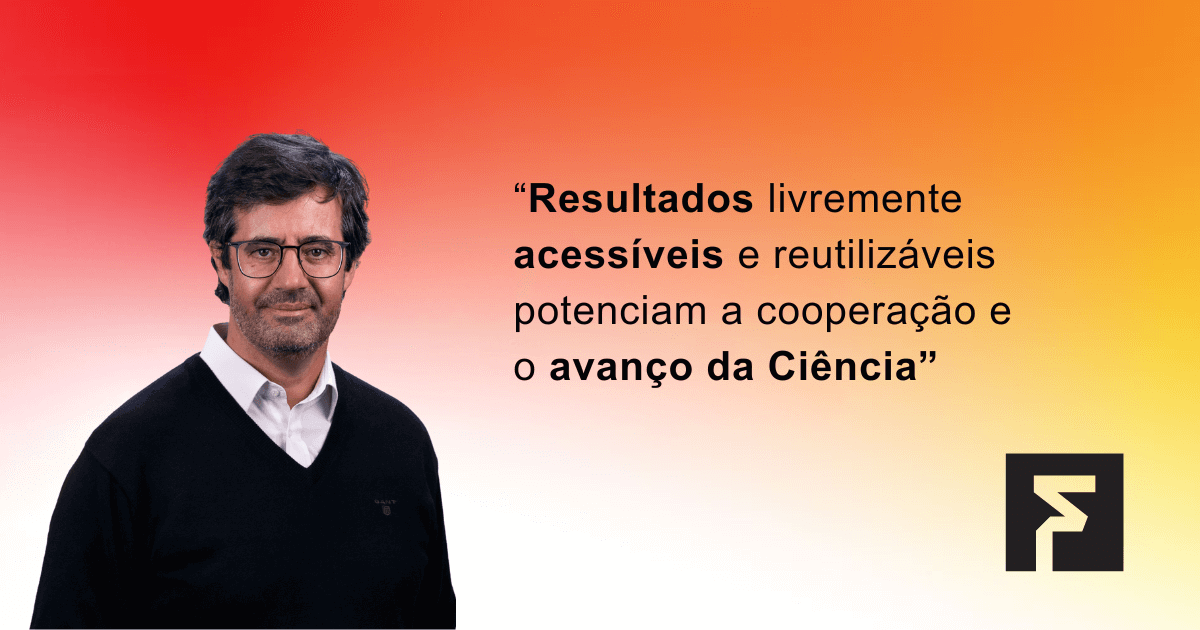
In February 2025, the Foundation for Science and Technology (FCT) adopted a new Open Access Policy, in order to make it mandatory to make scientific publications resulting from research funded by it available in open access. The policy now applies to scientific articles, books, book chapters and monographs, as well as doctoral theses and master's dissertations.
João Mendes Moreira, area director of FCCN, the digital services unit of FCT, answered some questions about this Policy, exploring its main objectives and how it will impact the academic and scientific community, but also society in general and, of course, the authors themselves.
Topics in this article:
What are the main objectives of this new policy and how does it position Portugal in the European and international context of promoting Open Science?
FCT adopted a policy on open access Because it understands that research funded by public funds, such as those it grants as part of its mission to finance scientific activity in Portugal, should produce results that are in the public domain, freely accessible and reusable by all, thereby promoting scientific cooperation and the advancement of science, as well as increasing the visibility of scientific production and its authors.
Furthermore, it positions Portugal as a leader in promoting Open Science, aligning itself with international initiatives such as the Plan S and European Union guidelines.
What are the main changes for the national scientific ecosystem?
The implementation of the FCT's new Open Access Policy brings several significant changes to the national scientific ecosystem. Among the main changes, the most notable is the mandatory provision of open access to scientific publications resulting from projects funded by the FCT, without embargo periods.
The policy also emphasizes the importance of retention of rights by authorsIt is recommended that authors protect the intellectual property rights of their works through the application of access and reuse licenses compliant with the policy, such as the Creative Commons CC-BY license. This aims to ensure that authors retain the rights to their publications, while allowing the free dissemination and reuse of scientific knowledge.
How does the FCT intend to support researchers and institutions in implementing the policy?
The FCT aims to support researchers and institutions in the practical implementation of the policy through various initiatives. These include the creation of a support site which guides researchers throughout the open access publishing process, making available FAQs and explanatory documents. In addition, the FCT offers support in retention of rights and in resolving policy-related issues through a helpdesk dedicated.
Additionally, FCT comprehensively supports all avenues (green, gold, and transformative) of open access policy. The first, through the RCAAP network of open access repositories, which allows the deposit of scientific publications in institutional repositories. The second, through the promotion and support of diamond initiatives, such as PubIn and, soon, [another initiative]. Open Research EuropeThese platforms facilitate publication in open access journals, ensuring that articles are made available at no additional cost to authors. Finally, through b-on, which establishes transformative agreements working with scientific publishers to allow authors to publish in open access without additional costs, transforming traditional subscriptions into open access publishing models.
What monitoring and evaluation mechanisms are in place to ensure compliance with the policy?
To ensure compliance with the policy, the FCT has established monitoring and evaluation mechanisms. These include the possibility of valuing open access publications within the framework of evaluating funding granted or to be granted, and the application of sanctions in case of non-compliance.
Furthermore, FCT is developing the trackerFCT system, which is a monitoring tool and complianceThis system will be responsible for monitoring and managing non-conformities in scientific publications within the scope of funding and under the FCT's Open Access Policy. The trackerFCT will allow the identification of funded scientific publications that do not comply with the policy, inform the funding recipients of these non-conformities, and give them the opportunity to correct them.
It should be noted that the policy will be subject to regular evaluation, allowing for its revision and adaptation as needed.
